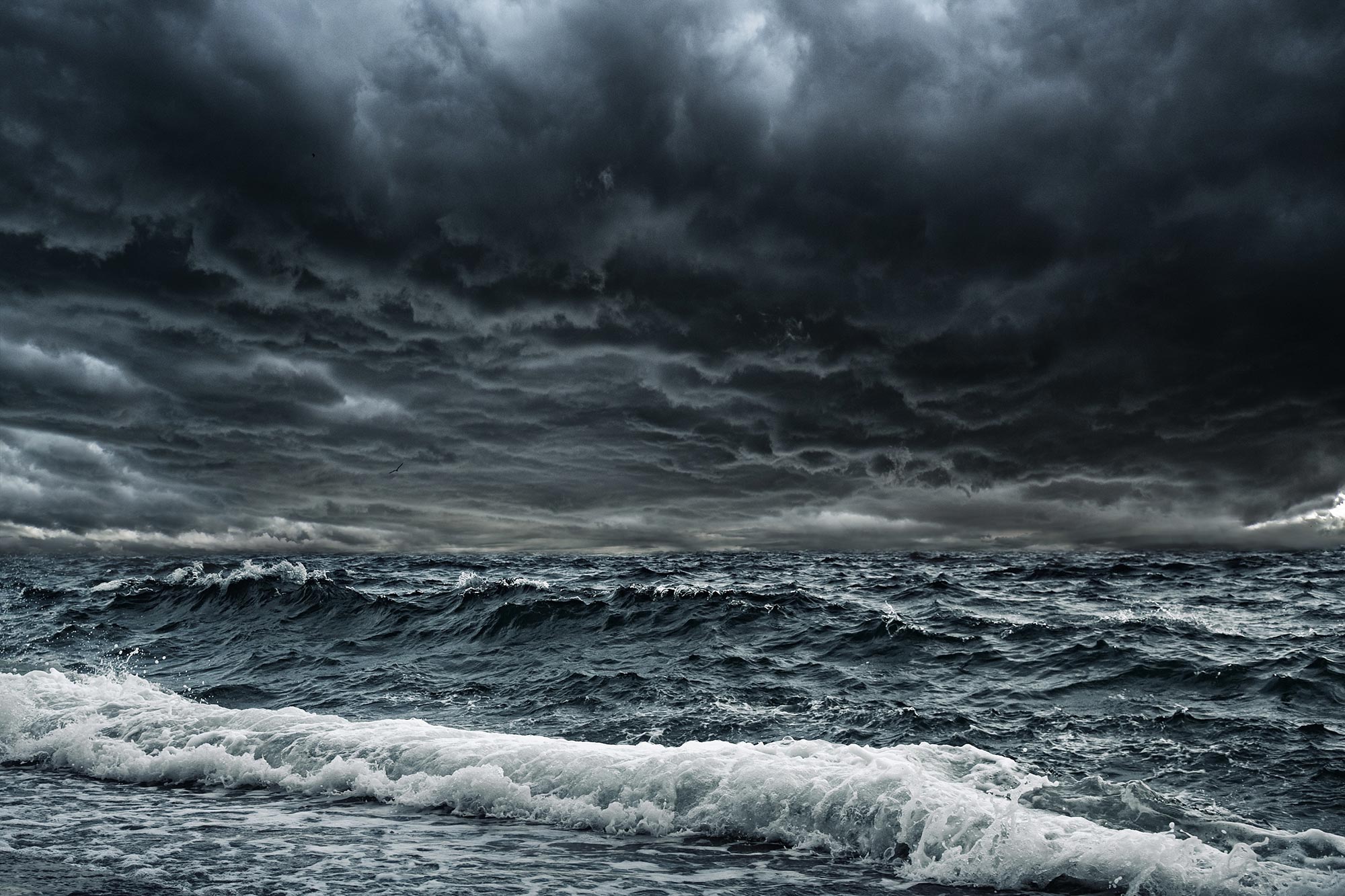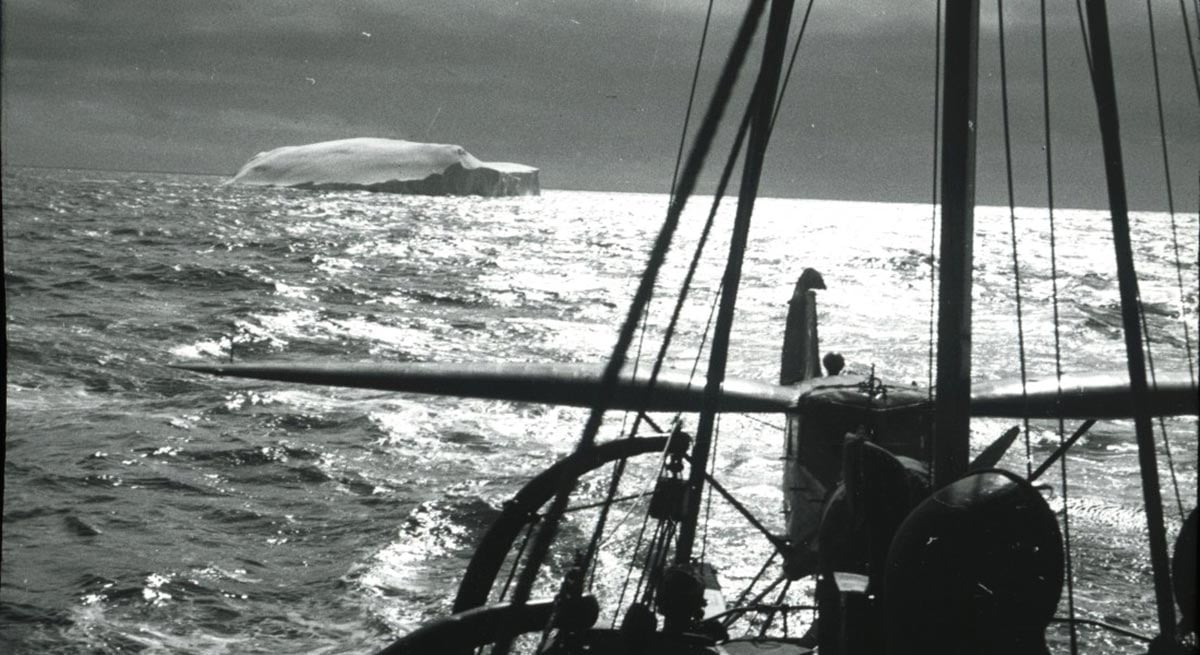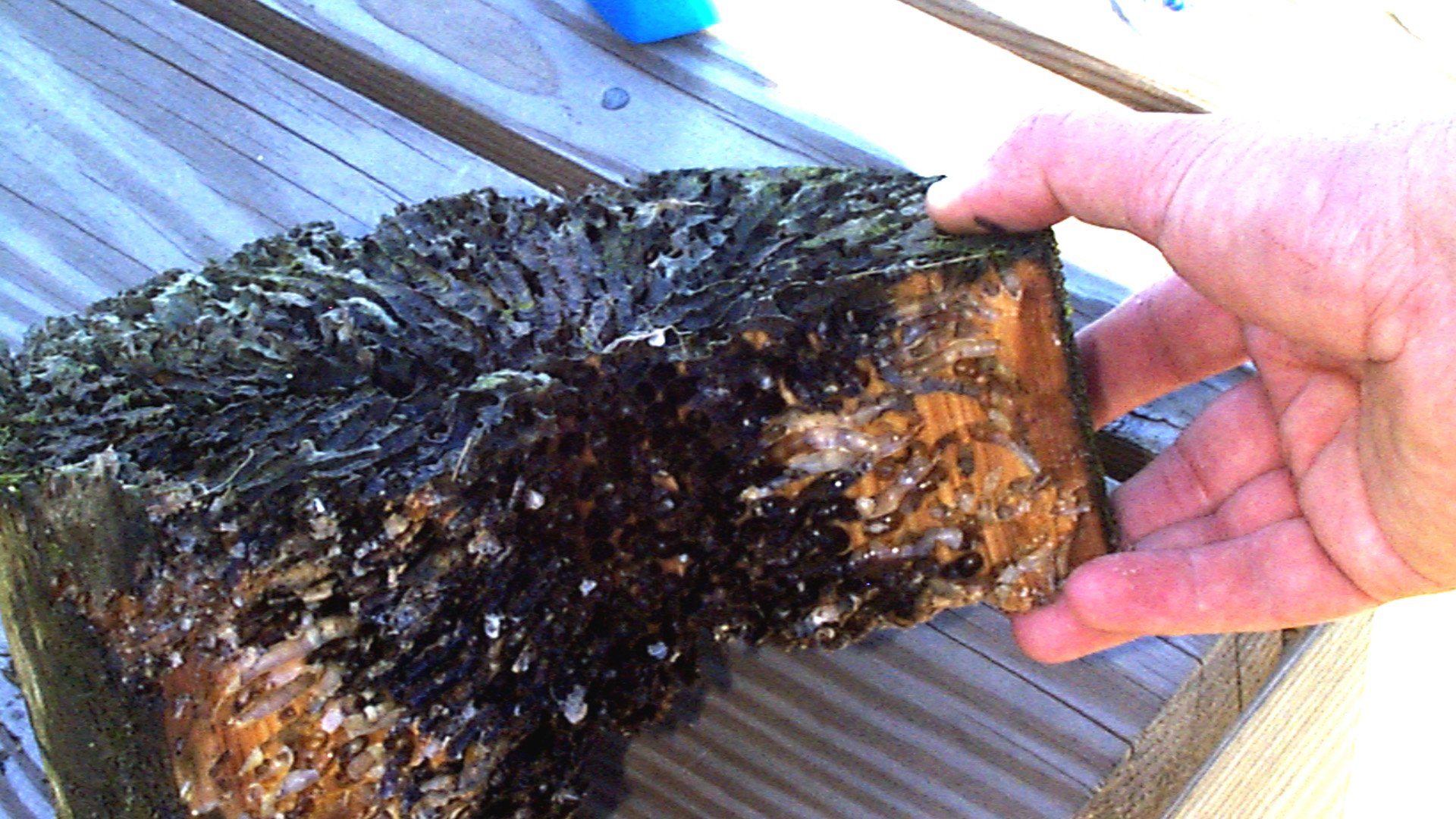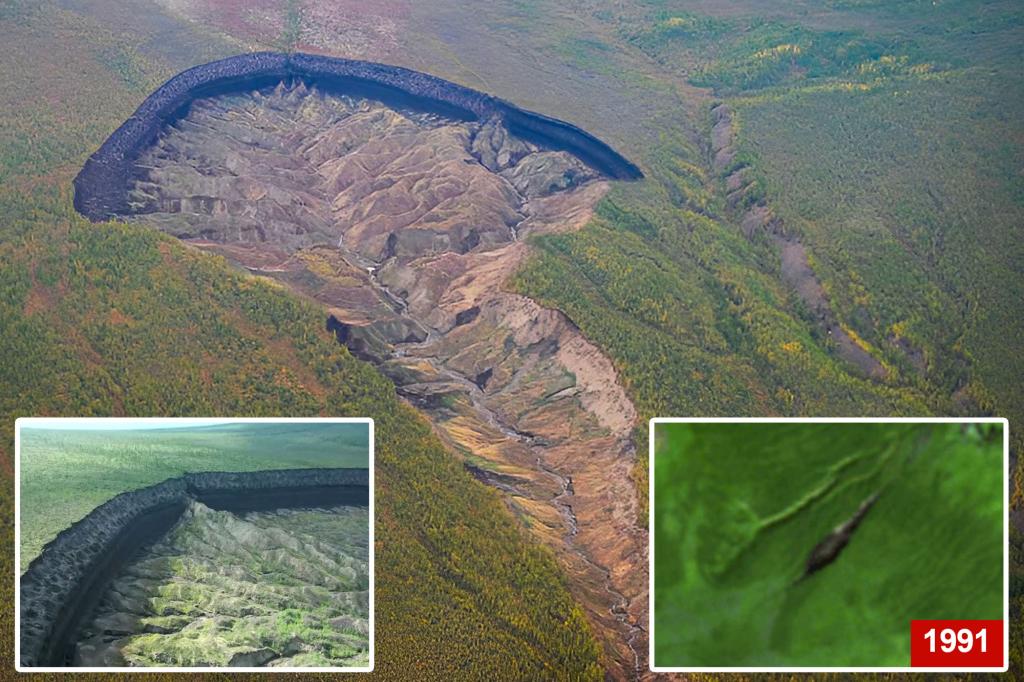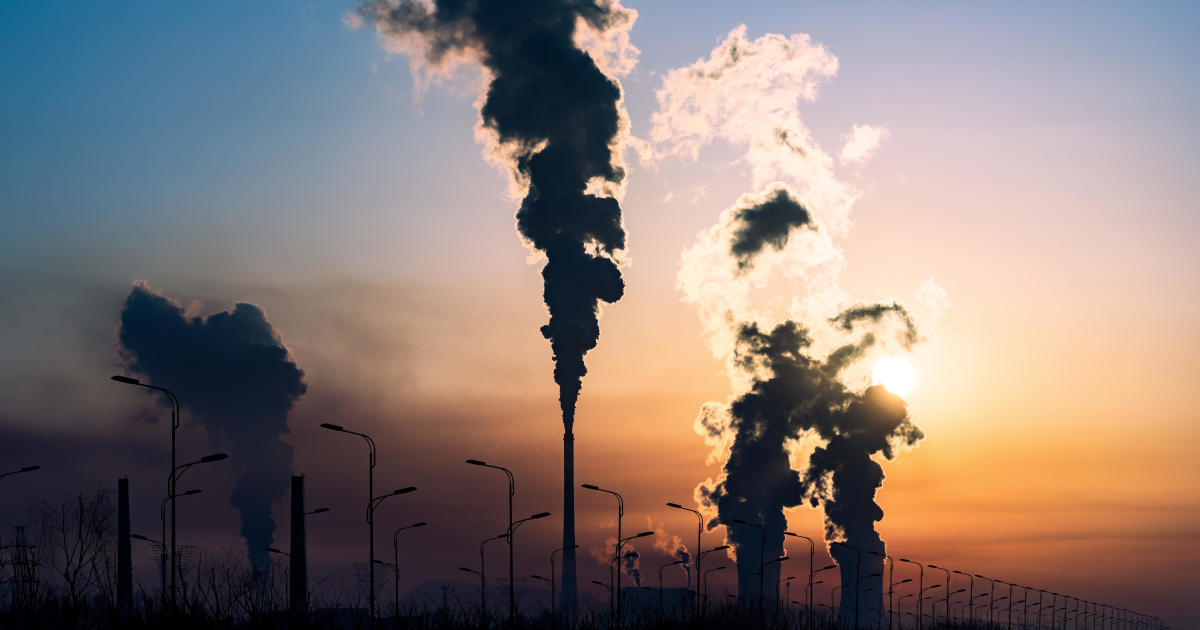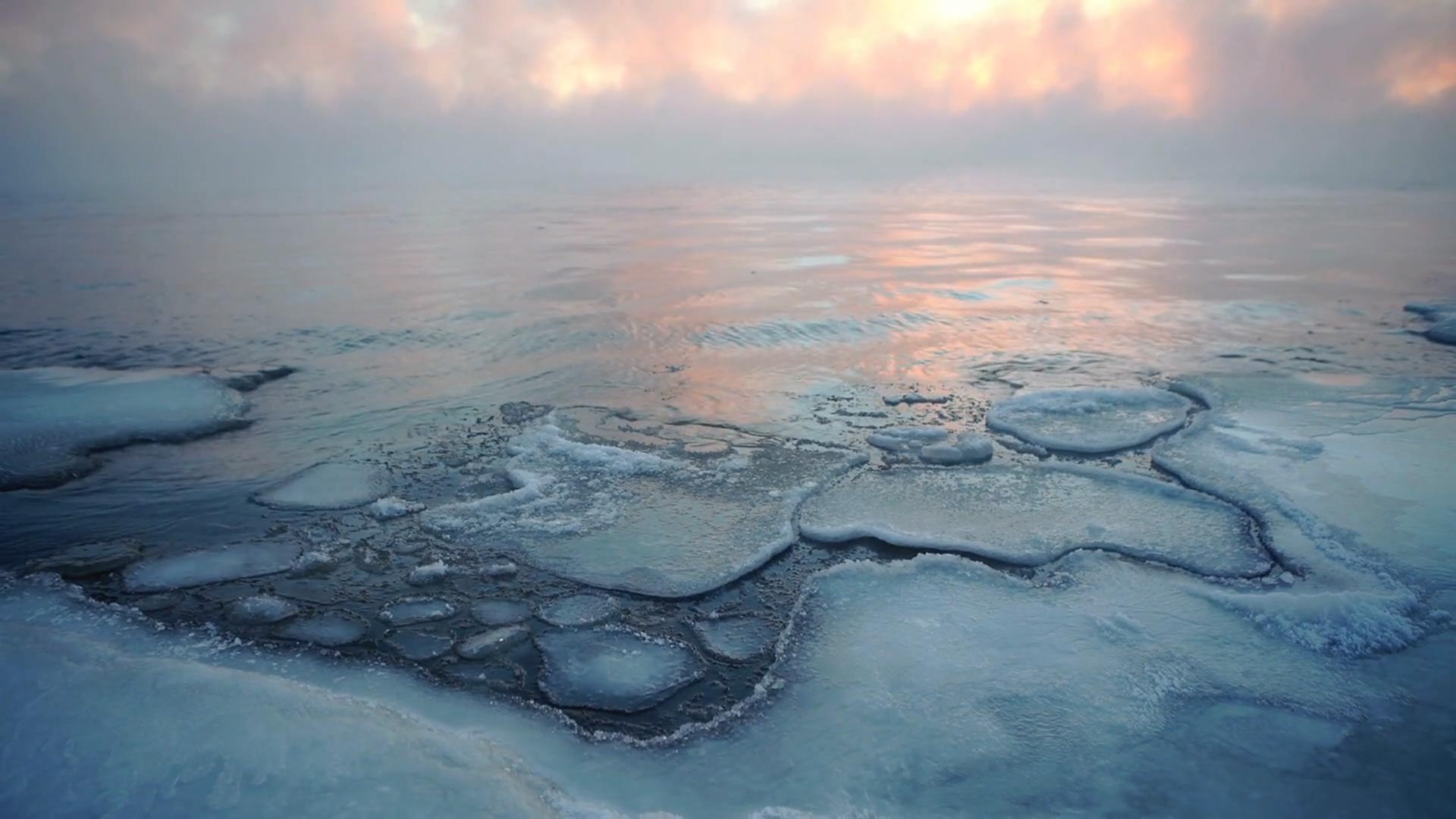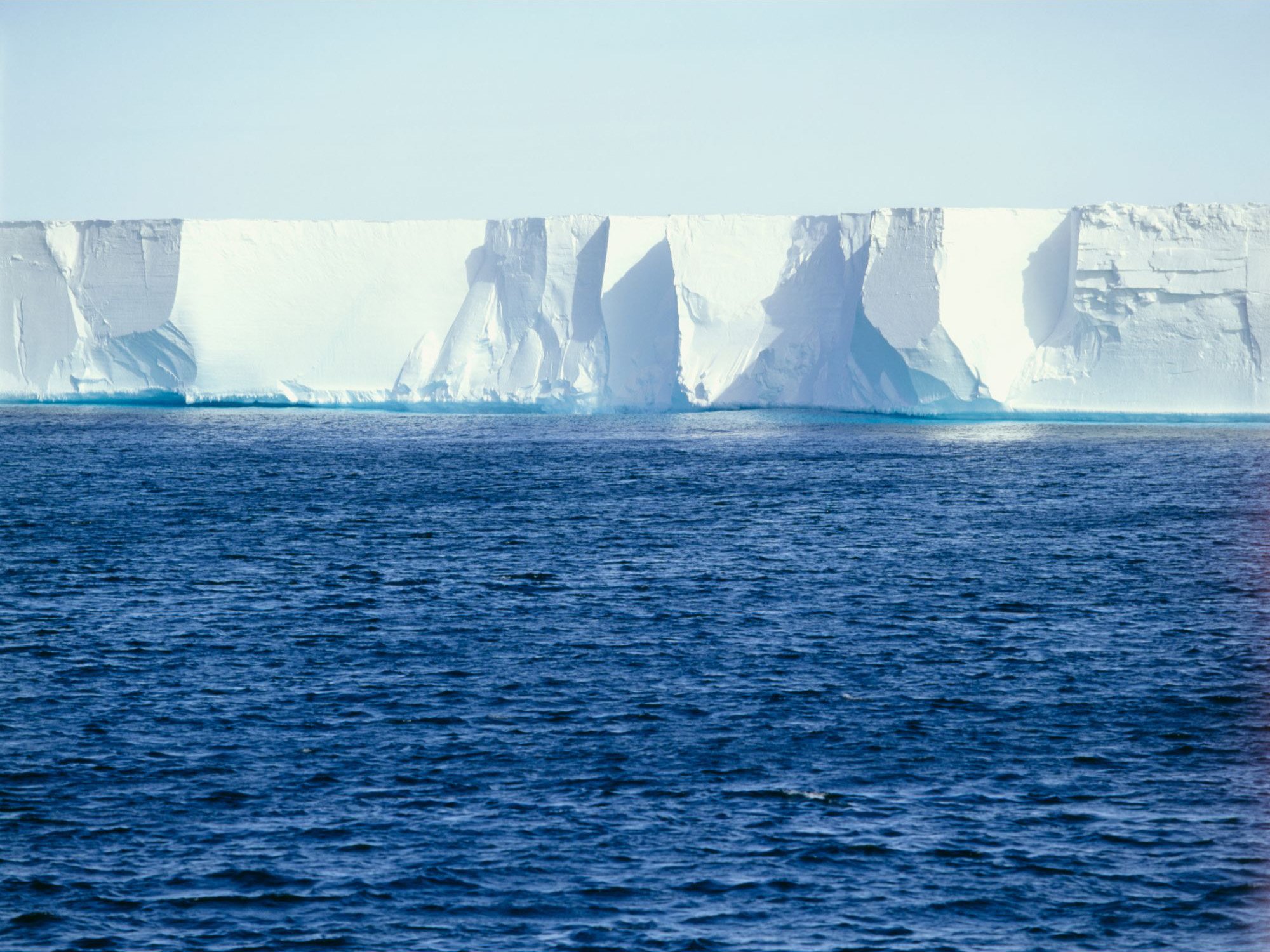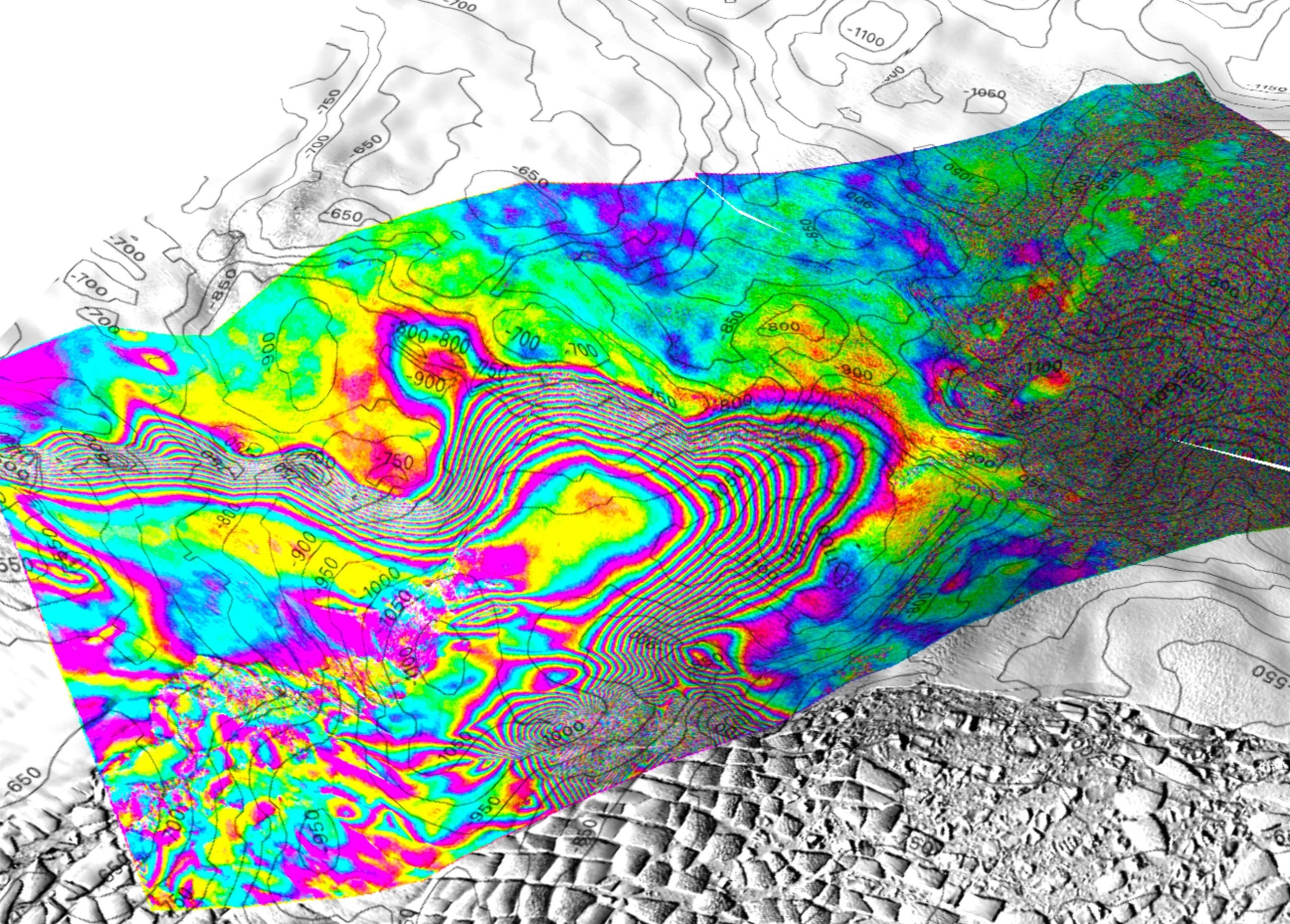Nature’s Warning: Early Signs in Marine Life That Predict the Next Mass Extinction
Researchers have used a detailed global dataset of foraminifera fossils to study shifts in marine community structures before mass extinctions, providing an early warning system for future biodiversity losses due to climate change. Led by Anshuman Swain and Adam Woodhouse, the study highlights the importance of monitoring ecological changes to predict future extinctions, potentially shaping … Read more
